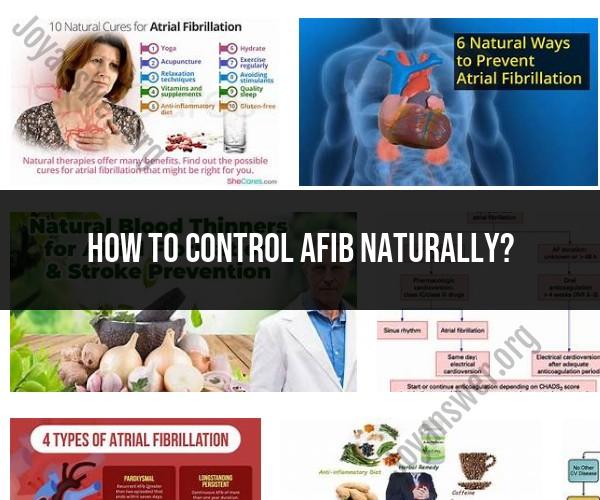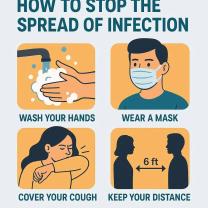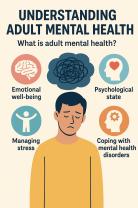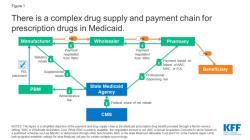How to control AFIB naturally?
Controlling atrial fibrillation (AFib) naturally involves adopting lifestyle and dietary changes that can help manage the condition and reduce the frequency and severity of AFib episodes. While natural approaches can be beneficial, it's essential to consult with a healthcare provider before making significant changes to your treatment plan. Here are some natural strategies for controlling AFib:
Maintain a Healthy Diet:
- Limit Stimulants: Reduce or eliminate caffeine and alcohol, as these substances can trigger AFib episodes in some individuals.
- Moderate Salt Intake: Excess salt can lead to high blood pressure, which is a risk factor for AFib. Limit your salt intake and avoid processed foods high in sodium.
- Eat Heart-Healthy Foods: Consume a diet rich in fruits, vegetables, whole grains, lean proteins, and healthy fats like those found in olive oil and fatty fish (e.g., salmon, mackerel).
- Stay Hydrated: Dehydration can contribute to heart arrhythmias. Drink plenty of water throughout the day.
Maintain a Healthy Weight:
- Achieving and maintaining a healthy weight can help reduce the risk of AFib and improve overall heart health. Consult with a healthcare provider or dietitian for personalized guidance.
Regular Exercise:
- Engage in regular physical activity, as exercise can improve heart health and reduce the risk of AFib. Aim for at least 150 minutes of moderate-intensity exercise per week, as recommended by healthcare professionals. Consult with your doctor before starting a new exercise program.
Stress Management:
- Chronic stress can trigger AFib episodes. Explore stress-reduction techniques such as mindfulness meditation, deep breathing exercises, yoga, or progressive muscle relaxation.
Adequate Sleep:
- Ensure you get enough quality sleep each night. Sleep deprivation and sleep disorders can contribute to AFib. Aim for 7-9 hours of restful sleep.
Limit Triggers:
- Identify and avoid specific triggers that may provoke AFib episodes. These can vary from person to person but may include certain foods, stressors, or environmental factors.
Supplements and Herbal Remedies:
- Some people find that certain supplements or herbal remedies can help manage AFib symptoms. Consult with a healthcare provider before taking any supplements or herbs to ensure they are safe and appropriate for your condition.
Stay Hydrated:
- Dehydration can contribute to heart arrhythmias, so be sure to stay adequately hydrated by drinking water throughout the day.
Avoid Smoking and Secondhand Smoke:
- Smoking is a significant risk factor for AFib. If you smoke, seek support to quit, and avoid exposure to secondhand smoke.
Limit Alcohol Intake:
- Excessive alcohol consumption can trigger AFib episodes in some individuals. If you drink alcohol, do so in moderation or as recommended by your healthcare provider.
Remember that AFib management should be a collaborative effort with your healthcare team. Natural approaches can complement medical treatments, but they should not replace them. Always consult with a healthcare provider to develop a comprehensive treatment plan tailored to your specific condition and needs. Monitoring your AFib, taking prescribed medications, and following your doctor's recommendations are essential for effective management.
Natural Remedies for AFIB: Controlling Atrial Fibrillation
There are a number of natural remedies that may help to control atrial fibrillation (AFib). These remedies include:
- Losing weight: Obesity is a risk factor for AFib, so losing weight can help to reduce your risk.
- Eating a healthy diet: Eating a healthy diet can help to reduce your risk of AFib by lowering your blood pressure, cholesterol, and blood sugar levels.
- Exercising regularly: Exercise can help to strengthen your heart and improve your cardiovascular health.
- Managing stress: Stress can trigger AFib episodes, so it is important to find healthy ways to manage stress.
- Avoiding alcohol and tobacco: Alcohol and tobacco can increase your risk of AFib.
- Taking certain supplements: Some supplements, such as omega-3 fatty acids, coenzyme Q10, and hawthorn berry extract, have been shown to be beneficial for people with AFib. However, it is important to talk to your doctor before taking any supplements, as they can interact with other medications you are taking.
It is important to note that natural remedies should not be used in place of conventional medical treatment for AFib. If you have AFib, it is important to see a doctor to discuss the best treatment options for you.
Medications for AFIB: A Guide to Treatment Options
There are a number of medications that can be used to treat AFib. The type of medication that is best for you will depend on your individual situation, such as the severity of your AFib, your other medical conditions, and any other medications you are taking.
Some of the most common medications used to treat AFib include:
- Antiarrhythmics: Antiarrhythmics are medications that work to control the heart rhythm. They can be used to slow down a rapid heart rate or to convert an irregular heart rhythm to a normal rhythm.
- Beta-blockers: Beta-blockers are medications that work to slow down the heart rate and reduce blood pressure. They can be used to control the symptoms of AFib and to prevent blood clots from forming.
- Blood thinners: Blood thinners are medications that work to prevent blood clots from forming. They are often used in people with AFib to reduce the risk of stroke.
It is important to note that medications can have side effects, so it is important to talk to your doctor about the risks and benefits of any medication before taking it.
Finding the Best Medication for Atrial Fibrillation
The best medication for AFib will depend on your individual situation. Your doctor will consider a number of factors when choosing the best medication for you, such as:
- The severity of your AFib
- Your other medical conditions
- Any other medications you are taking
- Your age and overall health
It is important to work with your doctor to find the best medication for you and to monitor your response to treatment.
Conclusion
There are a number of ways to treat AFib. The best approach for you will depend on your individual situation. If you have AFib, be sure to talk to your doctor about the best treatment options for you.












